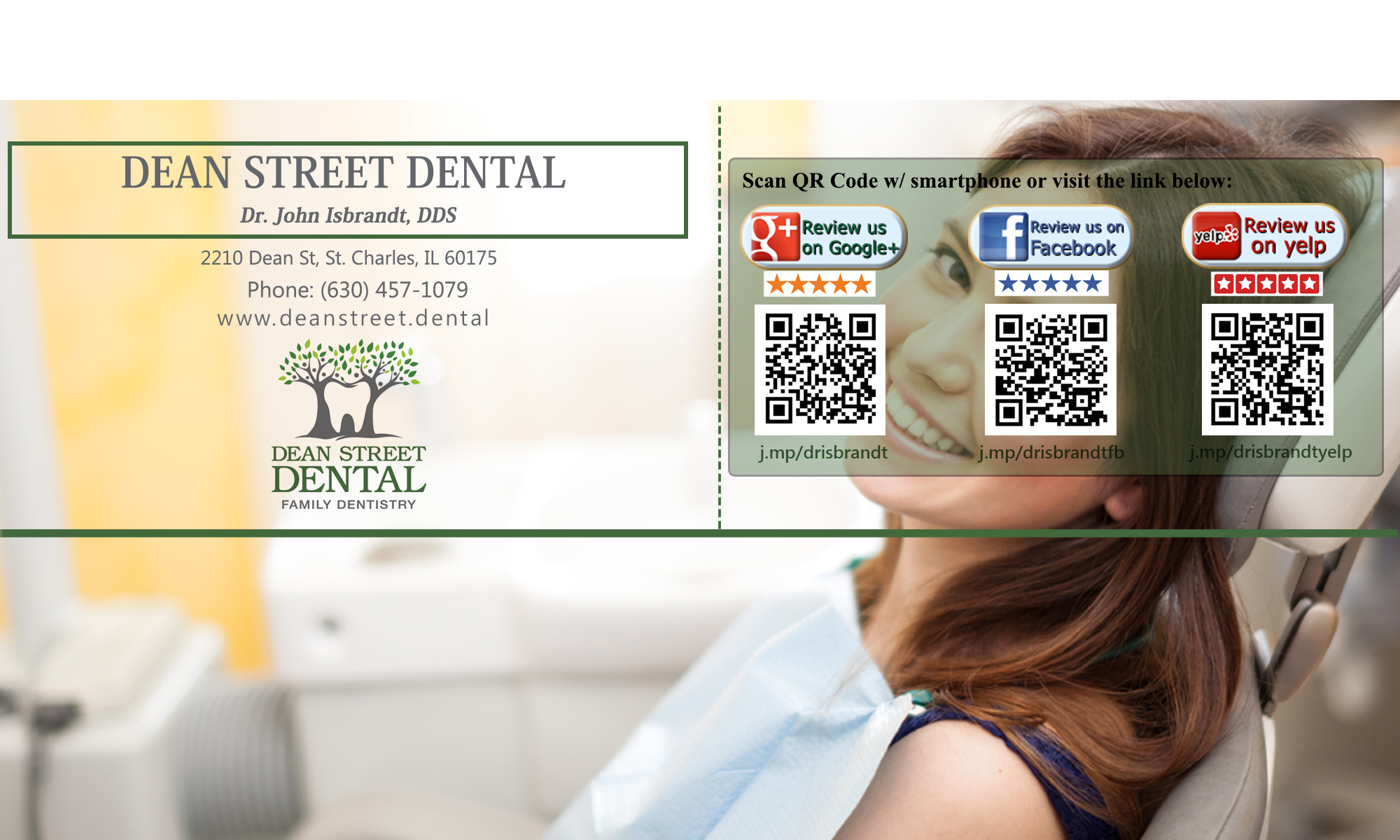Gum disease also known as periodontal disease often progresses slowly, without pain, over a long period of time and thats one reason it is common among older adults.
The longer the disease goes undetected and uncontrolled, the more damage it causes to gums and other supporting tissues.
Although periodontal disease is caused by plaque, other factors can increase the risk or severity of the condition, including:
– Food left between the teeth
– Tobacco use smoking and smokeless tobacco
– Badly aligned teeth
– Ill-fitting bridges or partial dentures
– Poor diet
– Systemic diseases such as anemia
Although periodontal disease is common, it can be controlled and, if caught in its early stages, it can be reversed. However, in advanced stages, it may require surgery.
Look out for the following warning signs and see your dentist if you notice any of them:
– Bleeding gums when you brush
– Red, tender or swollen gums
– Gums that have pulled away from the teeth
– Pus between your teeth and gums when the gums are pressed
– Loose teeth or teeth moving apart
– Any change in your bite
– Any change in the fit of your partial dentures
– Constant bad breath or bad taste
Keeping an eye out for these problems and having regular dental checkups can help you stop gum disease becoming a major and expensive problem.
